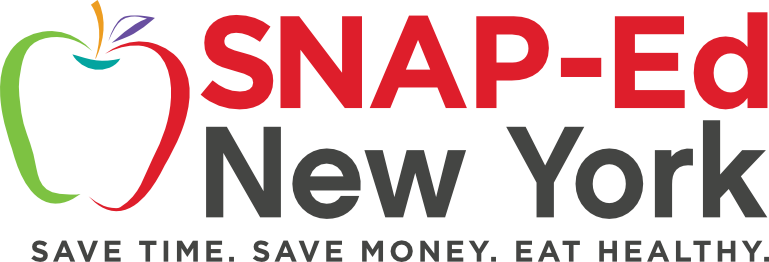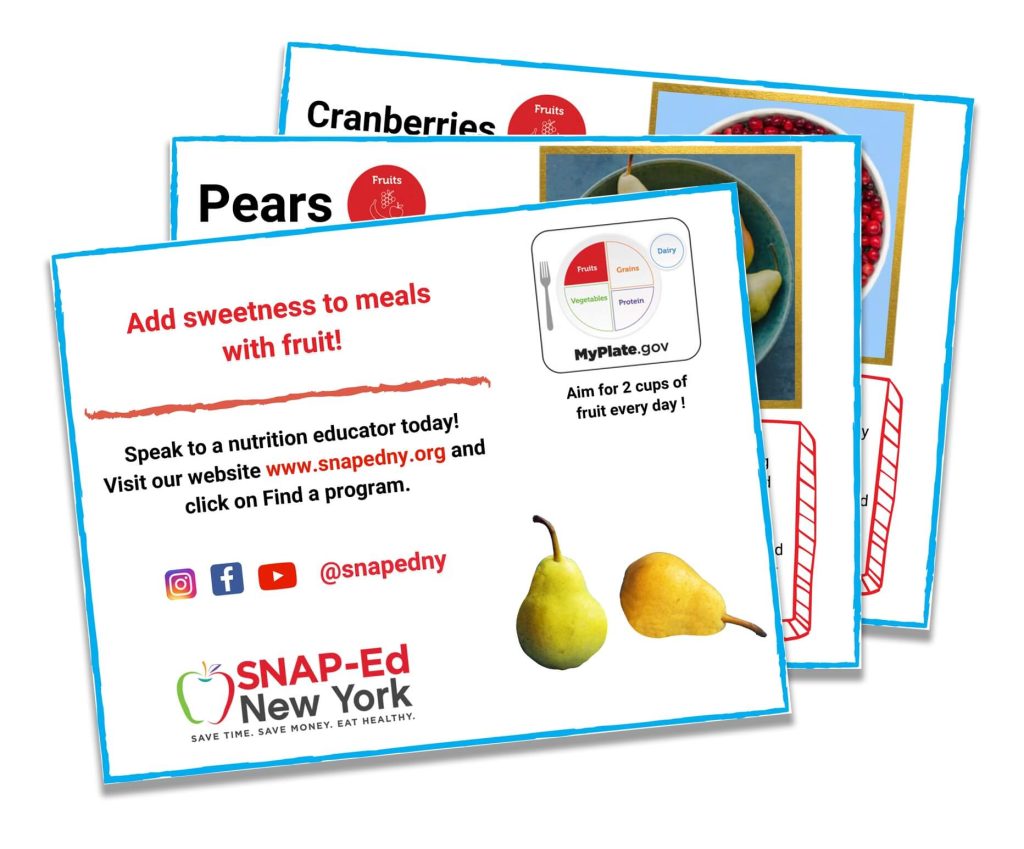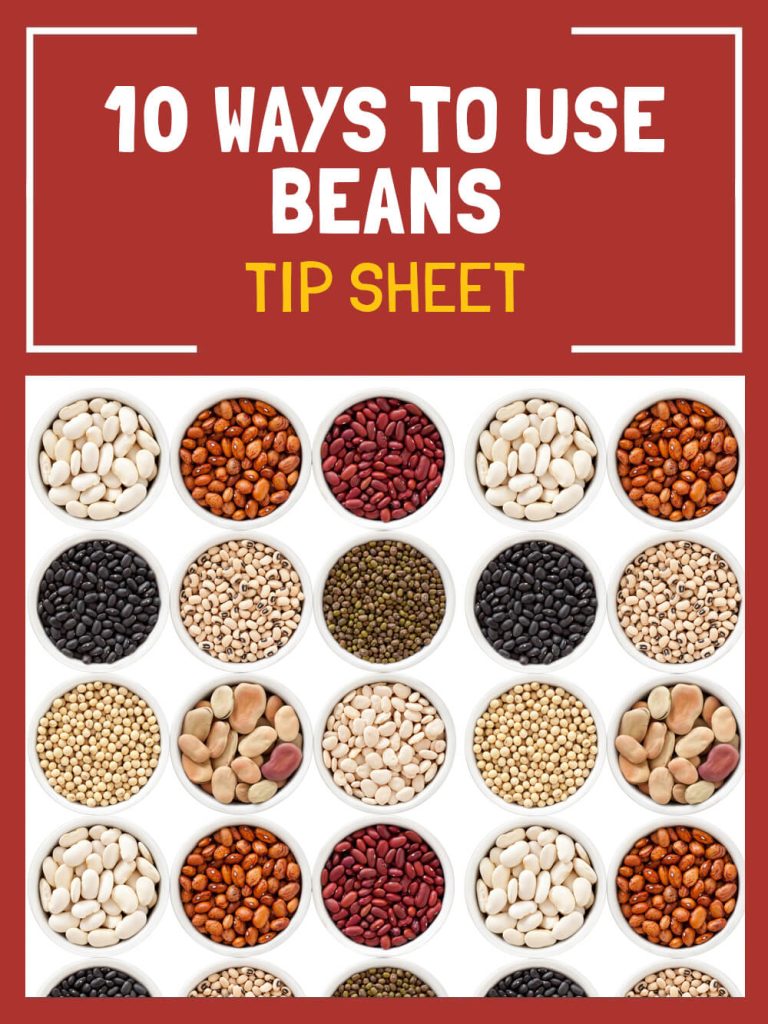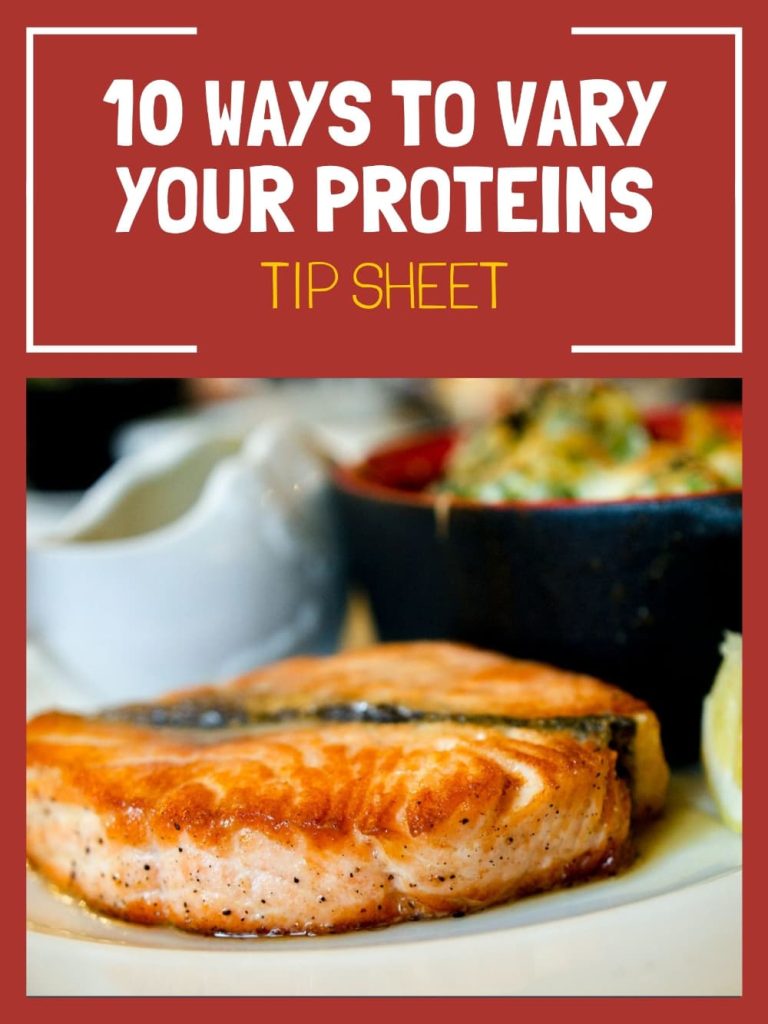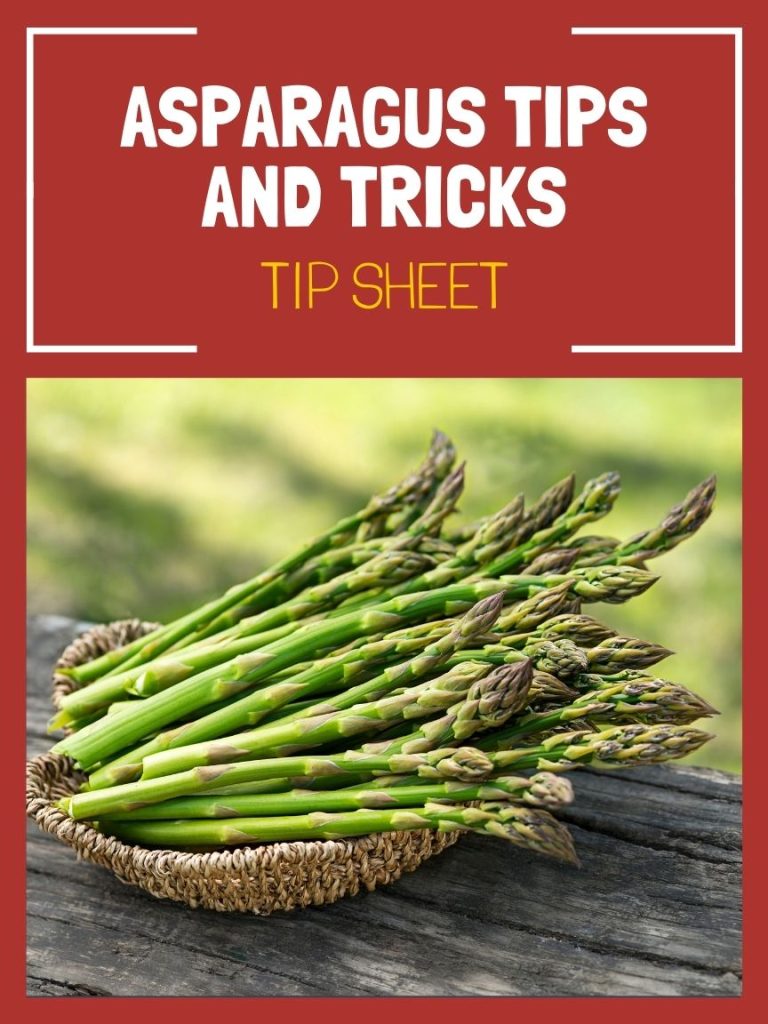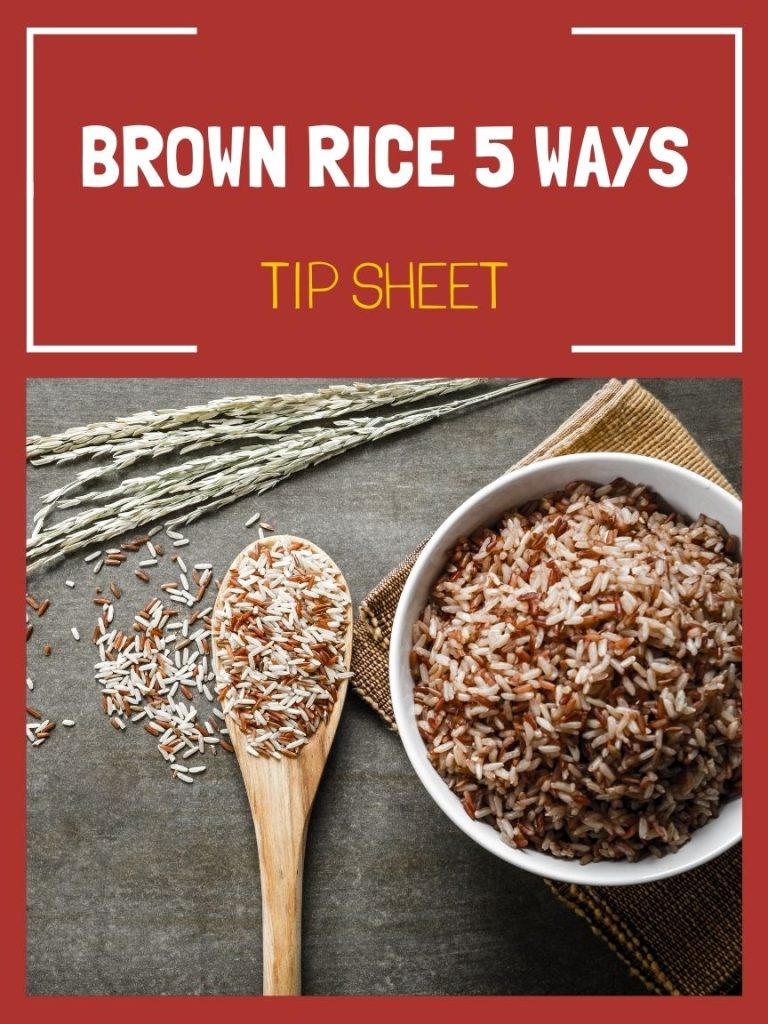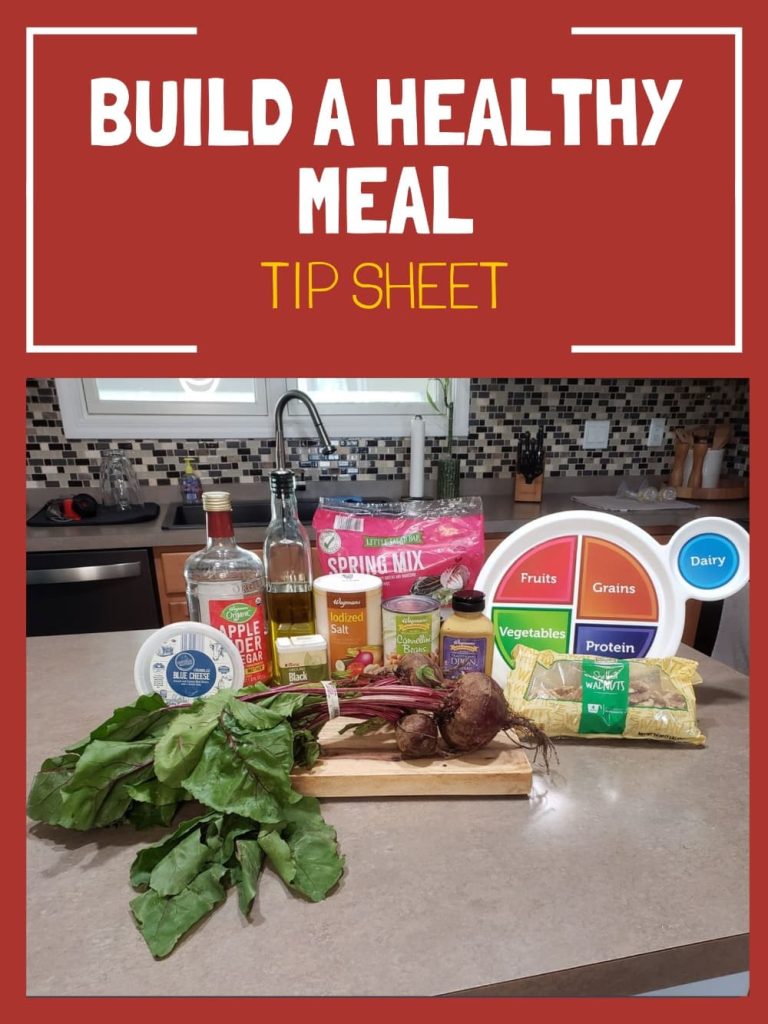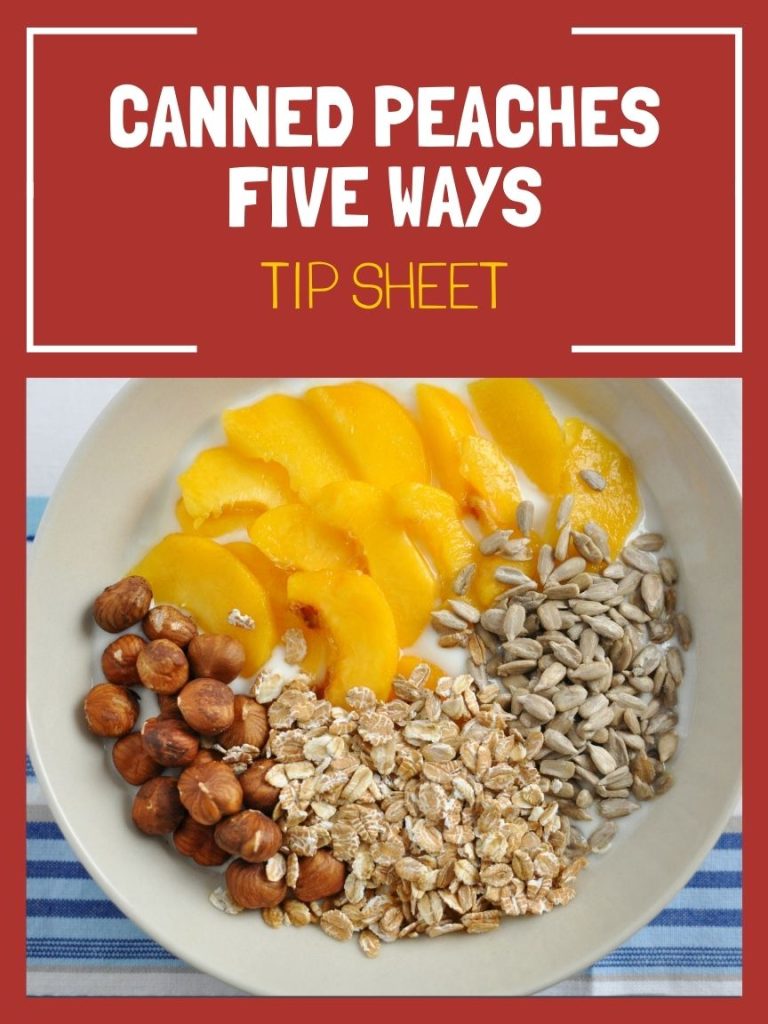Fruit and Veggie Tips
Looking for new and creative ways to incorporate seasonal produce into your meals? Our free guide offers expert tips and tricks for using a variety of fruits and vegetables, from sweet and juicy pears to tangy cranberries and hearty winter squash.
Download our guide today and start cooking!
Pears
Selection:
Choose fresh, or canned. To check for ripeness, apply soft pressure to the neck. If there is a little give, it’s ripe!
Storage:
Use pears as soon as they are ripe, otherwise, put them in the fridge for up to five days to slow the ripening.
Nutrition Benefits:
Fat free. Cholesterol and Sodium free.
Quick Tips:
To avoid browning after cutting add a mixture of 50% water and
50% lemon juice.
Recipe Ideas:
Enjoy pears fresh or canned. Add pears to your salad, flatbread, or poach them for a dessert.
Cranberries
Selection:
Buy them fresh, frozen, canned, dried or as 100% juice. When choosing fresh look for firm cranberries that are not shriveled.
Storage:
Refrigerate for up to two months or freeze them.
Nutrition Benefits:
Fat free. Cholesterol and sodium free.
Quick Tips:
Add dried cranberries to salads and cereal. 100% Juice is an easy way to include more cranberries.
Recipe Ideas:
Make your own trail mix with dried cranberries, cranberry sauce.
Make your own jam and add to toast!
Butternut Squash
Selection:
Choose squash that is heavy for its size.
Storage:
Store butternut squash in a cool, dark place for up to a month. Once cut, refrigerate!
Nutrition Benefits:
Fat free. Cholesterol and Sodium free. Good source of vitamin C and vitamin A.
Quick Tips:
Boil butternut squash to retain the vitamins and minerals. Boil in water for 20 minutes.
Recipe Ideas:
Make butternut squash soup, butternut mac and cheese, or roast into a vegetable salad or side dish.
Acorn Squash
Selection:
Select acorn squash that are heavy for their size. Avoid squash with soft spots or cracks.
Storage:
Store acorn squash in a cool, dry area away from sunlight. Acorn squash can stay fresh for up to 3 months.
Nutrition Benefits:
Fat free. Cholesterol and sodium free. Good source of vitamin C.
Quick Tips:
Bake acorn squash at 350 degrees for 35 to 40 minutes or until soft.
Recipe Ideas:
Chop and add to soups and stews or make a stuffing and fill inside squash.
Brussel Sprouts
Selection:
Choose fresh, firm, bright green heads.
Storage:
Refrigerate brussels sprouts in plastic bag up to 1 week.
Nutrition Benefits:
Fat free. Cholesterol-free. Very low in sodium. Good source of fiber, vitamin C, K, B-6, copper and manganese.
Quick Tips:
Brussel Sprouts are available frozen and canned in local stores for convenience.
Recipe Ideas:
Steam, roast or saute brussel sprouts. Shred into salads, or cut into casseroles, soups and stews.
